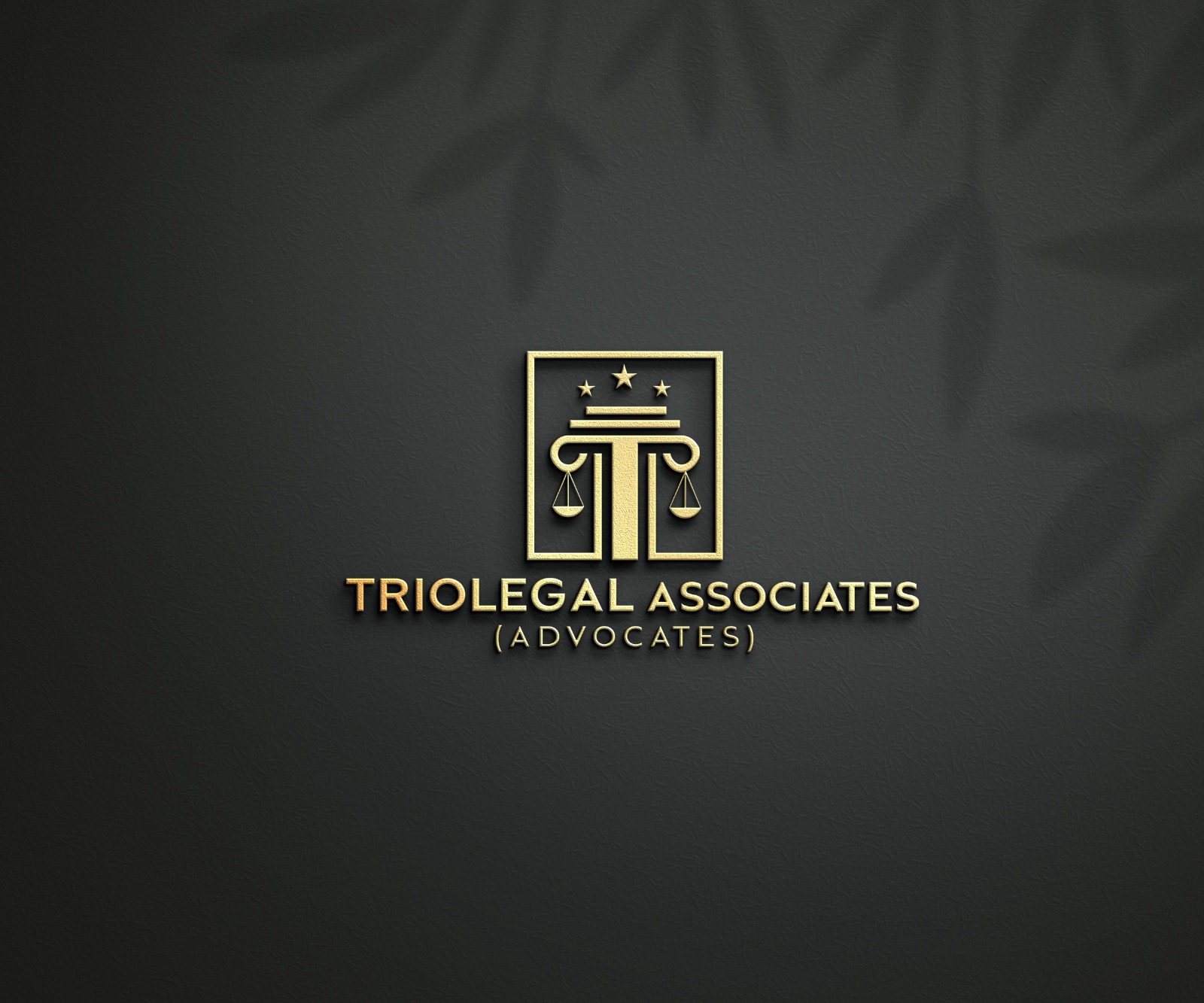10:00 A.M - 8:00 P.M
Opening Hour Mon - Fri

The Bengaluru bench of the Income Tax Appellate Tribunal (ITAT) recently granted a deduction on long-term capital gains
(LTCG) from the sale of inherited jewellery. This decision came after an assessing officer (AO) had earlier denied the benefit under
1/5
https://www.business-standard.com/article-webview/finance/personal-finance/buy-residential-property-to-avoid-capital-gains-tax-on-jewellery-sale-124042201045_1.html?print=1&isFree=true
23/04/2024, 12:34
business-standard.com/article-webview/finance/personal-finance/buy-residential-property-to-avoid-capital-gains-tax-on-jewellery-sale-124042201045_1.html?print=1&isFree=true
Section 54F of the Income-Tax Act, 1961, which permits taxpayers to claim an exemption on LTCG from the sale of capital assets
other than house property.
“If a taxpayer sells assets such as stocks, bonds, jewellery, or gold for a profit (long-term capital gains), they can avoid paying
taxes on that profit by using the proceeds to purchase a new house,” says Akarsh Garg, partner, Triolegal Associates.
The verdict
The ITAT affirmed that the exemption under Section 54F applies to capital gains from the sale of inherited gold and jewellery,
provided the gains are reinvested in purchasing a residential house through a registered sale deed.
“The Income-Tax (I-T) Department had challenged the veracity of the transaction involving the sale of inherited gold,
questioning whether the assessee actually possessed such gold and labelling the entire transaction as a sham,” says Garg from
Triolegal Associates.
The ITAT rejected the AO’s decision. “The tribunal concluded that the sale price of inherited jewellery cannot be taxed as income
arising from ‘other sources’ but rather should be treated as a long-term capital asset inherited from the assessee’s mother-in
law,” says Mohit Garg, managing partner, Lex Panacea.
Who is eligible?
The exemption under Section 54F is available to individual or Hindu Undivided Family (HUF)